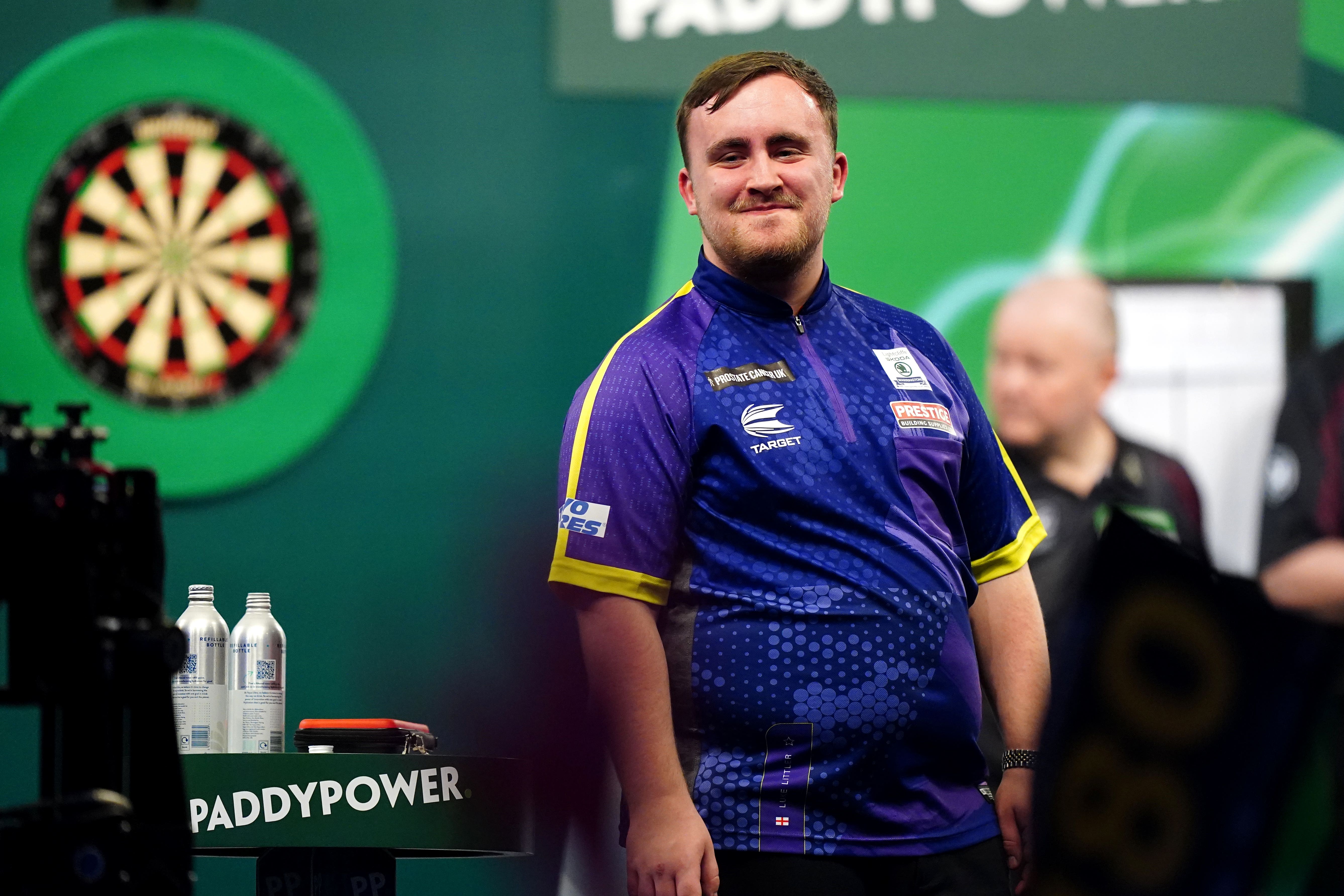Could playing darts make you smarter?
Teen star Luke Littler’s performance at the World Darts Championship has put the sport under the spotlight

Luke Littler’s impressive run at the PDC World Darts Championship has stirred up some fresh buzz around the sport.
The 16-year-old became the youngest person ever to reach the final in the iconic contest – and anyone who’s been watching will know there’s a lot of skill involved.
Although impeccably controlled aim may be the key component to winning, darts is all about numbers. Players start with a score of 501 and have to try and get down to zero the quickest, by getting high numbers on the board – but they must end precisely on zero with a double, so there’s a lot of maths and mental gymnastics involved.
It may be a game we often associate with pubs – but could darts actually help us all sharpen our brains and get smarter?
“Playing darts can have profound effects on the brain, providing a dynamic mental workout that sharpens cognitive skills, nurtures neuroconnectivity and provides a holistic approach to brain health,” says Dr Steve Allder, consultant neurologist at Re:Cognition Health.
Here’s a closer look…
Mathematical and strategic thinking
Psychologist and relationship adviser Barbara Santini says one of the immediate benefits of the sport is “the enhancement of mathematical skills” involved.
“The game necessitates quick mental arithmetic for scorekeeping and strategising the most efficient path to zero, which can significantly improve one’s numerical agility. However, beyond simple arithmetic, darts encourages strategic thinking,” says Santini. “Players must plan several steps ahead, considering the best combinations to close the game efficiently. This strategic aspect exercises higher-order thinking skills such as planning, foresight, and problem-solving.”
Stimulation and concentration
“The precision, focus and hand-eye coordination can activate various regions of the brain, enhancing cognitive function. As players aim for the bullseye, the brain is in constant motion whilst it calculates distances, assesses angles and makes split-second decisions,” says Allder.
“This activity stimulates the prefrontal cortex, which is responsible for executive functions such as planning, problem-solving and decision-making. The repetitive nature of throwing darts also refines motor skills and reinforces neural pathways that control muscle movements. The increased levels of concentration and attention required in darts impacts the brain’s ability to filter information and can enhance cognitive performance.”
Flow state
“Playing darts requires a person to really focus their attention. This can have a number of benefits for your mental health and wellbeing,” says Dr Sandi Mann, senior psychology lecturer at the University of Central Lancashire (UCLan).
“Playing darts gives us something known as ‘psychological flow’, which is a state of mind in which we are completely engaged in an activity. When we focus our mind on an activity such as darts, it gives us a respite from any troubles or worries that might otherwise preoccupy our mind. Even if playing darts only pushes away other thoughts temporarily, these moments of respite are incredibly important,” Mann adds.
Emotional regulation and stress reduction
“The game provides an outlet for stress relief, which is crucial for maintaining cognitive health,” adds Santini. “High stress levels can impair cognitive function, so activities that reduce stress are indirectly beneficial to brainpower. Additionally, the social aspect of playing darts can improve emotional wellbeing, contributing to a more focused and agile mind.”
Social boost
The social aspect is very beneficial, says Allder. “Interacting with opponents, and engaging in friendly competition contributes to improved social cognition, emotional regulation, and stress reduction.”
After all, there’s lots of evidence linking social connections with better health as we age. So, even if you’re just playing for fun in your local with some mates, it’s a win-win.
Subscribe to Independent Premium to bookmark this article
Want to bookmark your favourite articles and stories to read or reference later? Start your Independent Premium subscription today.
